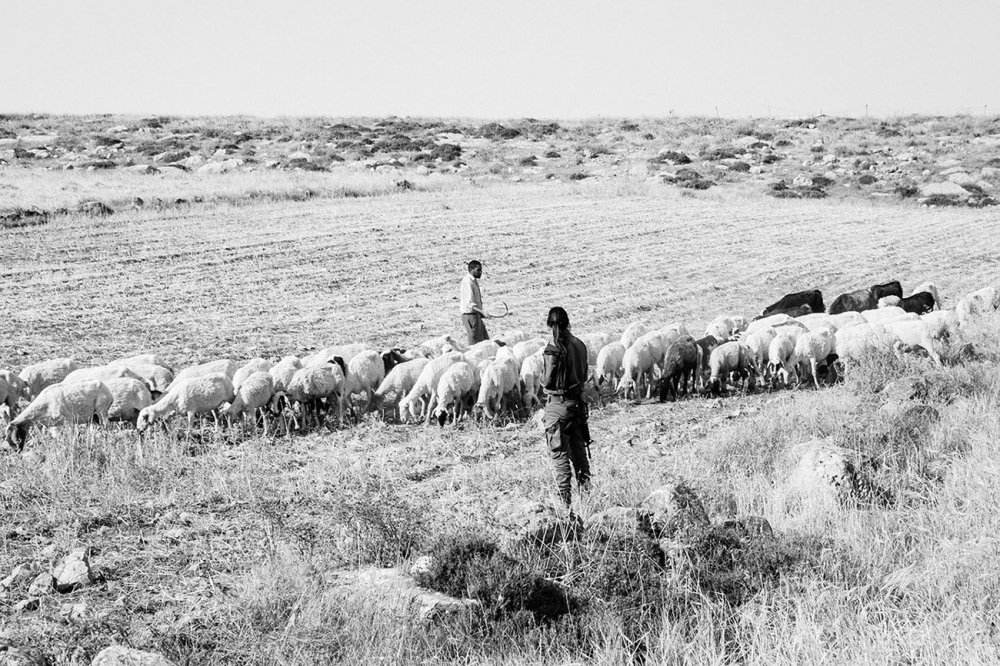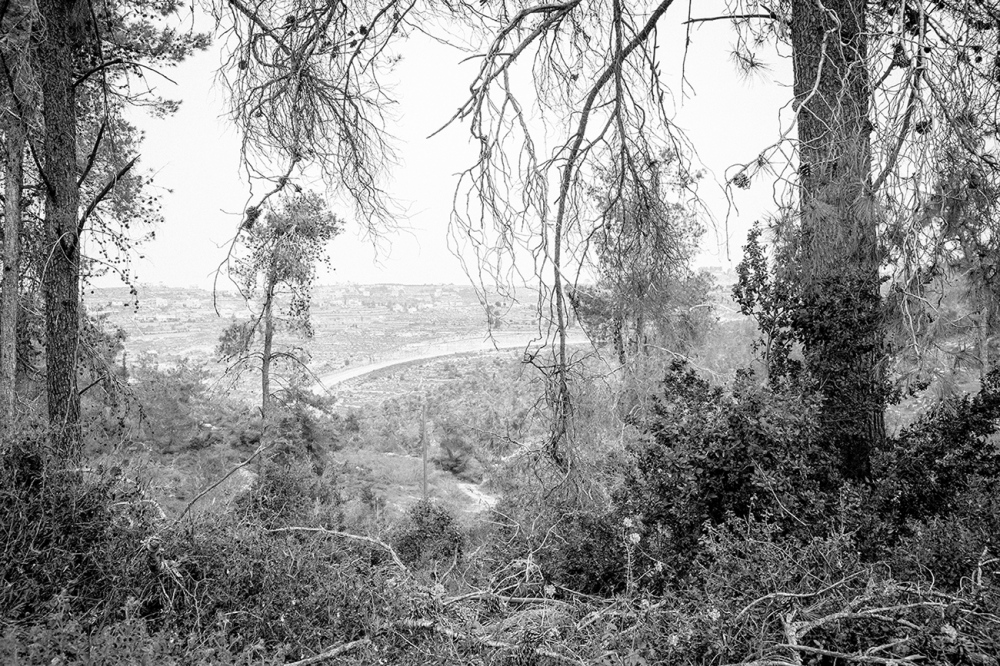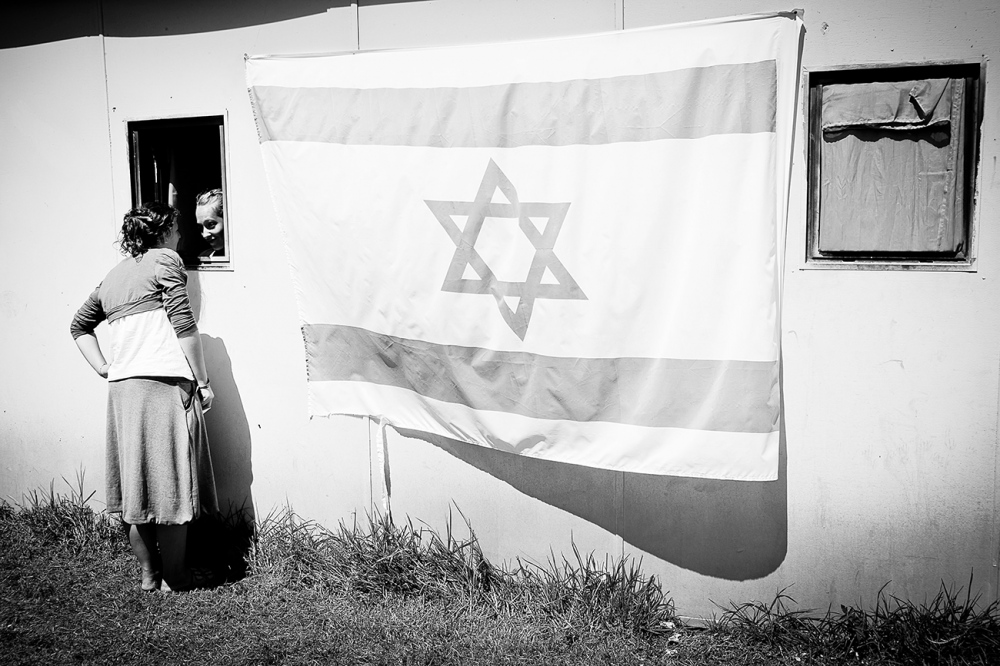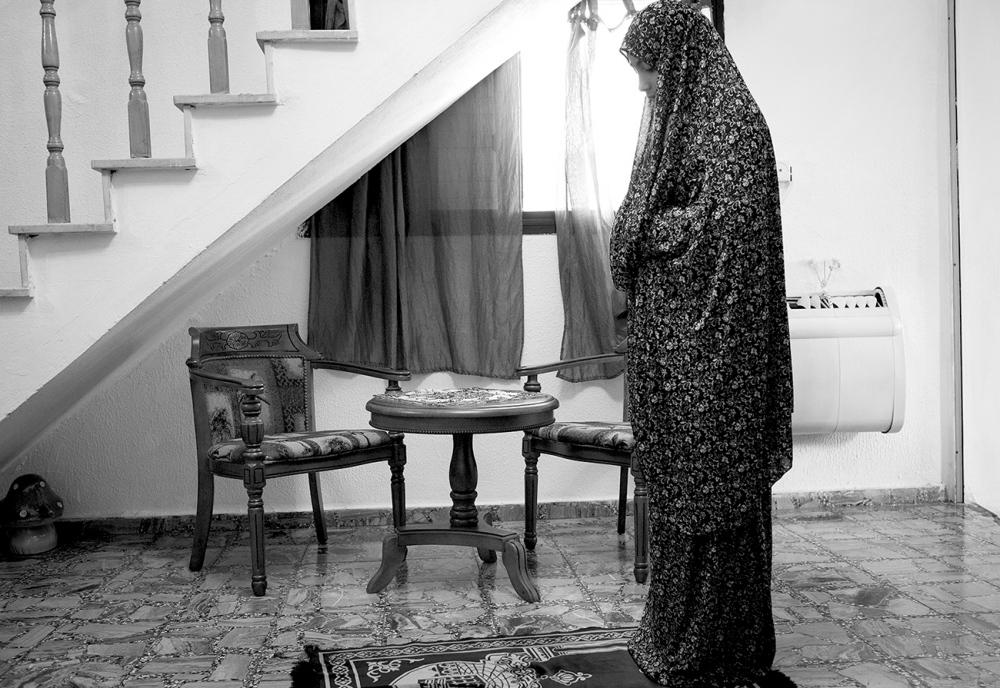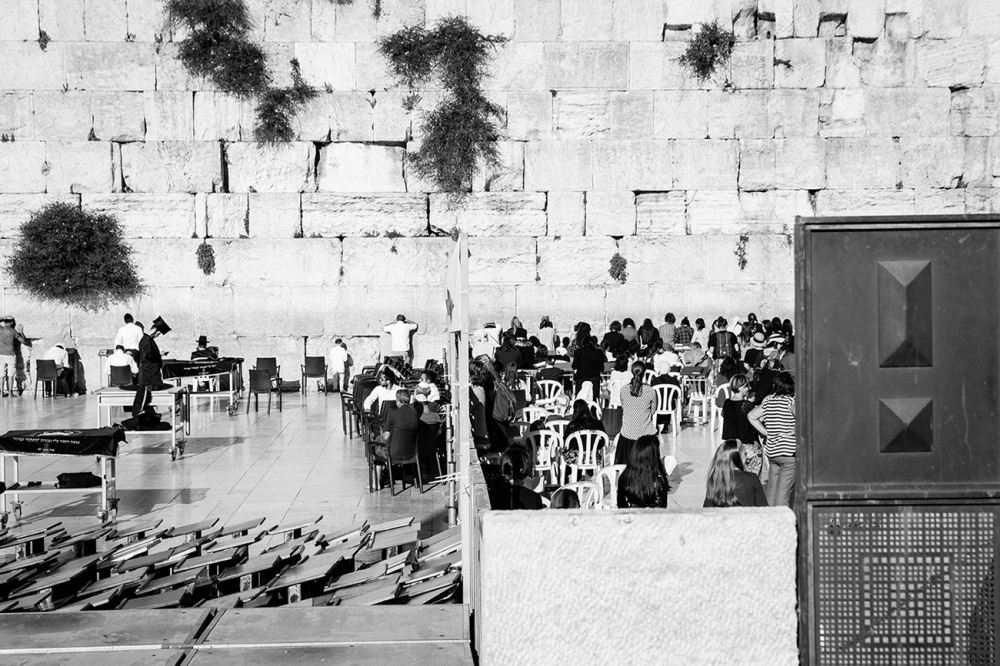(Not) To Serve
A. used to sleep in his brother's bedroom while he was away for months. He was in 4th grade and admired his older brother who was serving in a commando unit of the Israeli Defense Force. A. grew up wanting to become a brave soldier, just like him. But, when his time to serve arrived, the Second Intifada had already changed the reality in Israel and Palestine.
"During 2000 to 2002 it was very tough. Buses were exploding in Jerusalem every second week. In a sense you feel that you are fighting real enemies and it is your job now to protect your people. There was no other option. You could either go to the army, or go to the army. And I really wanted to go to the army," said A.
Today A. is a 33 years old conscientious objector. He says that growing up in Israel, joining the army was the only feasible option to be considered a man. "Being a soldier means to fulfill your destiny as a man, as an Israeli and as a member of society. I felt if I could be part of the system, I could make it better because I come from values and principles."
In 2003, at 23, after he had served in a secret combat unit for the mandatory three-years time, he joined a group of reservists and signed a letter of refusal voicing his dissent over serving in the occupied territories. A. had seen too many black flags inside the Israeli military, and felt that the line separating legitimate defense from the immoral oppression of Palestinian people had been crossed.
In Israel, joining the IDF is mandatory for any male or female when they turn 18. Yet, an increasing number of reservist soldiers and youths are starting to refuse continuing their service or joining at all. Conscientious objection has always been present in Israel, even though at the beginning it was not organized as a movement. Only later did it become a public expression of a shared consciousness.
The first Refusal letter was signed in the 1980's and this phenomenon has been reoccurring over the years. The "Combatants' letter" was signed in 2002, followed by the Air Force "Pilots' letter" in 2003 and several others the following years. After the Miv'tza Tzuk Eitan, the Gaza War of the summer of 2014, a large group of soldiers from the secret intelligence unit 8200, also came out with a Refusal Letter of their own, creating more noise than ever before.
A.'s story resonates with those of many young Israelis who disagree with the Occupation and feel that Israeli society needs to engage in a broader conversation about it, for the future of the country. Even though the majority of conscientious objectors don't discuss the legitimacy of the IDF, they refuse to serve in the Occupied Palestinian Territories if at all.
Being a conscientious objector brings about both personal and public ethics dilemmas of responsibility and sacrifice for the sake of the community.
Refusing to join the IDF comes with social stigma; those who refuse are considered traitors in the mainstream public opinion, sometimes even by their own families.
(Not) to Serve is an audio and photography project made of conscientious objectors' testimonies. My colleague Federica Sasso and I spent a total of six months photographing portraits and recording their voices, collecting their personal narratives without assigning them either the hero or the victim's status, in the hope their stories could inspire a public discourse, different from the ones we are used to hearing in the Mainstream media.
During our time working on this project, we met all kinds of conscientious objectors: young, old, reservists, some who never joined, Orthodox Jews and Druzes. We have envisioned this project as a mosaic of voices that would allow all types of audiences to access the most intimate layer of a highly political and controversial issue.
The material collected within the project (Not) to Serve should help raise fundamental questions regarding the future of Israel as a democratic state, and the moral dilemmas it faces and bring about more objective debate.

